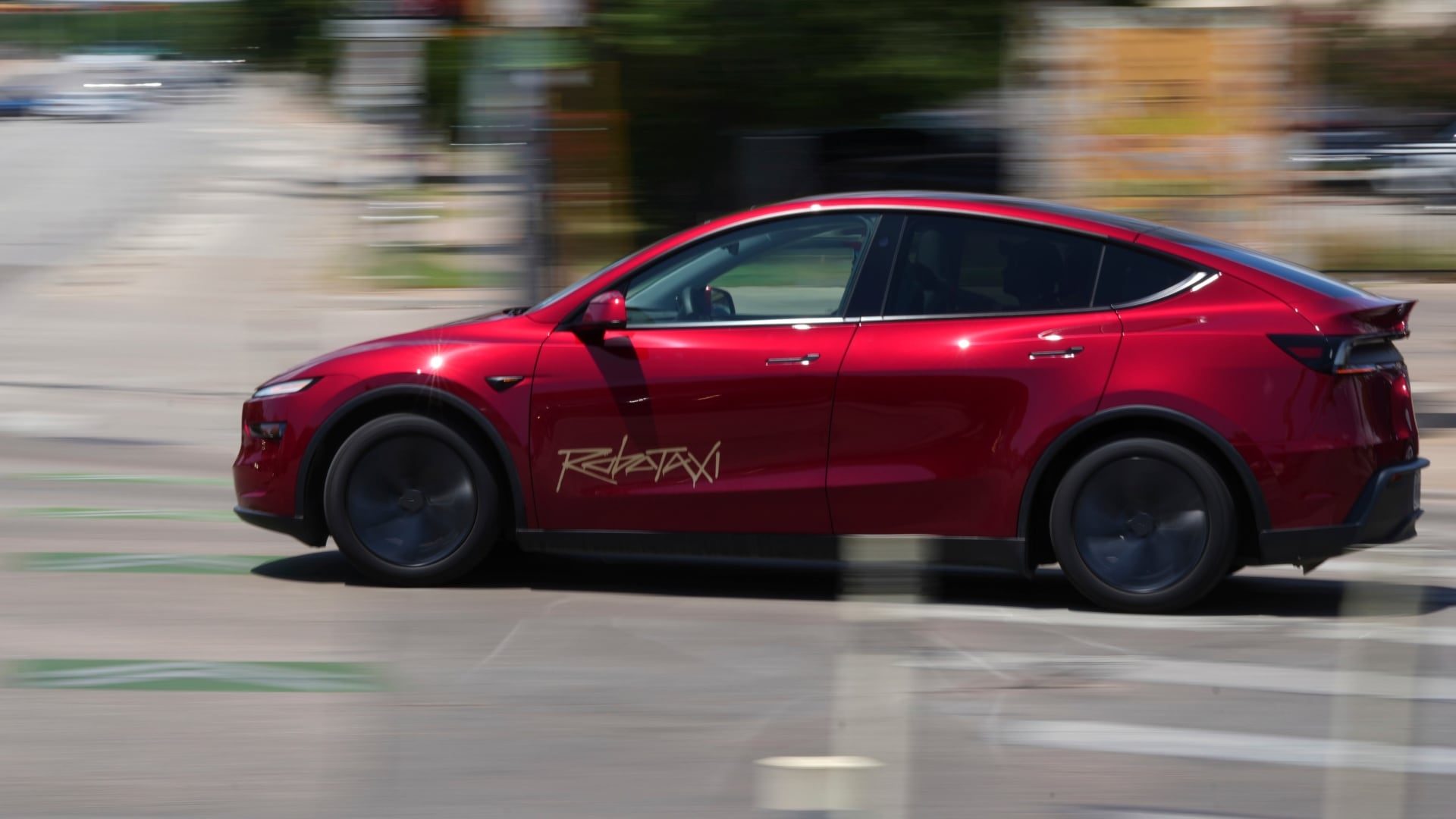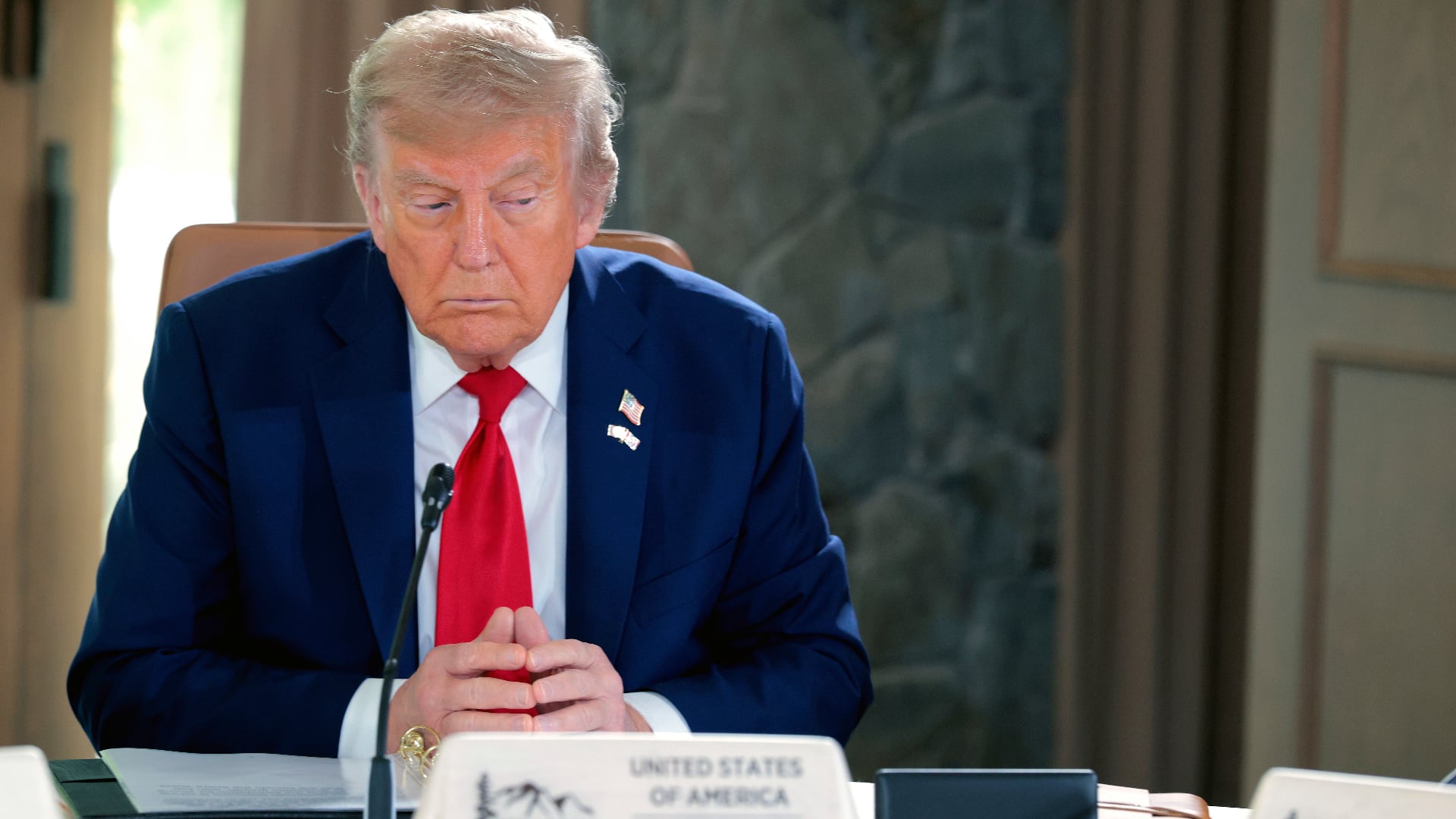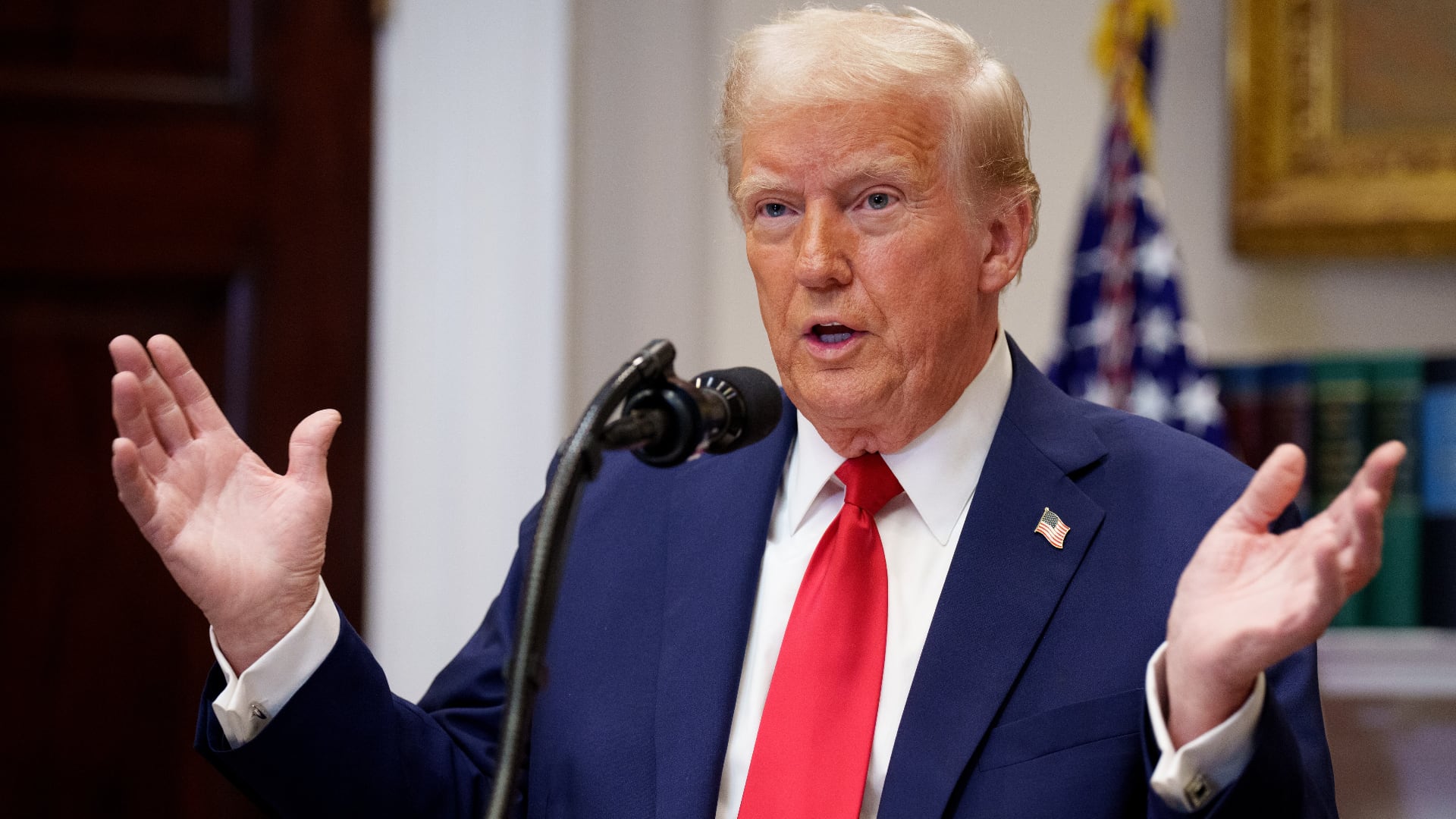The 12 Democratic presidential hopefuls who took the debate stage in Ohio Tuesday night came out swinging, and many were taking aim at the same target: Elizabeth Warren. The senator from Massachusetts, who has topped several recent polls, found herself on the defense on a number of her policy positions.
Several fellow presidential hopefuls criticized Warren for her progressive stances, starting with the Senator’s support for Medicare for All. Warren drew early fire after largely avoiding a question on whether or not her universal health care plan will raise taxes on middle-class families.
“I appreciate Elizabeth’s work. But, again the difference between a plan and a pipe dream is something that you can actually get done,” said Sen. Amy Klobuchar of Minnesota, who entered the debate in need of a strong performance to boost her chances of meeting the threshold for the November debate.
Mayor Pete Buttigieg of South Bend, Indiana claimed that Warren has not explained how the “multi-trillion-dollar hole in this Medicare for All plan” will be filled.
“Let me be clear on this. Costs will go up for the wealthy. They will go up for big corporations. And for middle-class families, they will go down,” Warren said in defense of her healthcare plan. “I will not sign a bill into law that does not lower costs for middle-class families.”
Sen. Bernie Sanders of Vermont — a long time supporter of universal healthcare and the author of the federal Medicare for All bill — was more blunt about tax hikes, saying “I do think it is appropriate to acknowledge that taxes will go up. They're going to go up significantly for the wealthy.” Sanders added, however, that the vast majority of Americans will save money on their healthcare bills.
Unlike the last debate, former Vice President Joe Biden, who was the outright leader in the polls prior to Warren’s recent rise, was largely absent from the night’s liveliest and most contentious moments. On healthcare, Biden said that the federal government should build on Obamacare and add a public option.
Sen. Kamala Harris of California also sidestepped the issue of universal healthcare and instead criticized the overall healthcare debate for ignoring “women's access to reproductive health care, which is under full-on attack in America today.”
Multiple candidates also went after Warren for her proposed wealth tax, which would impose a 2 percent tax on just the most wealthy Americans.
Beto O’Rourke, the former Texas congressman, accused Warren of being “more focused on being punitive or pitting some part of the country against the other.” Klobuchar told Warren that “we just have different approaches” and “your idea is not the only idea” to address economic inequality in the U.S.
“I don't have a beef with billionaires," Warren said. “All I'm saying is, [if] you make it to the top, the top 0.1 percent, then pitch in two cents so every other kid in America has a chance to make it.”
The two businessmen on the stage, Andrew Yang and Tom Steyer, also proposed alternative plans to address inequality. Yang claimed that wealth taxes don’t work because they have “massive implementation problems” and don’t generate enough revenue. A value-added tax on certain products, Yang said, could instead “generate hundreds of billions of dollars and then put it into our hands.”
Steyer, an actual billionaire, said that as president he would reverse Republican tax cuts for the rich and large corporations. Steyer added that he would strengthen organized labor to ensure fair wages keep up with inflation.
Warren and Harris — two vocal critics of big tech — also sparred over the role of social media platforms in countering disinformation. Harris criticized Warren for not supporting her effort to pressure Twitter to suspend the account of President Donald Trump, which Harris claimed violated the platform’s standards by posting false and threatening content.
“I don’t just want to push Donald Trump off Twitter. I want to push him out of the White House. That’s our job,” Warren said.
The focus on Warren Tuesday night resulted in her speaking far longer than the other contenders. Warren spoke for a total of nearly 23 minutes, more than 6 minutes longer than Biden who clocked in the second-largest amount of total time, according to a New York Times tracker.













